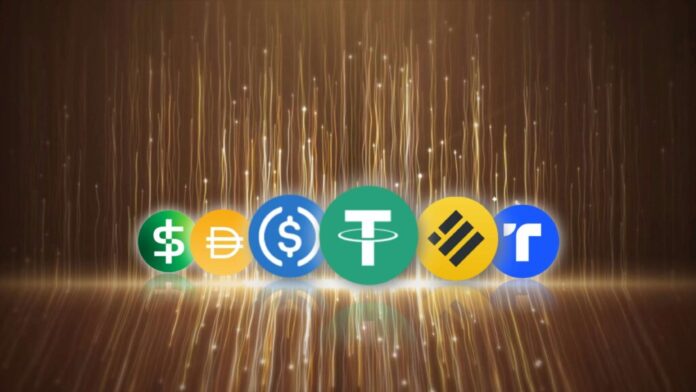At a gathering in Abu Dhabi on June 3, the UAE Central Financial institution Board authorized the issuance of rules for the licensing and supervision of stablecoin preparations, opening the door for the nation to create a regulatory framework for stablecoin issuance.
This regulation will permit solely dirham-backed stablecoins for use for funds, whereas cryptocurrencies similar to bitcoin and ethereum might be restricted to buying and selling, funding and company treasuries, and worldwide stablecoins will solely have the ability to buy sure digital property similar to NFTs. .The launch of the brand new framework is scheduled for June 2025.
How will this regulation have an effect on the market and stakeholders? The brand new rule goals to make clear and take away authorized hassles for companies by selling safe interactions between FinTech corporations and Digital Asset Service Suppliers (VASPs), similar to exchanges and cost processors. Monetary zones are exempt from this new laws, permitting better flexibility in worldwide company actions.
Typically, the worldwide stablecoin market has been on the rise just lately. Its purchases reached $40 billion in March 2024, in accordance with information from Chainalysis. Over the previous two years, the UAE has made it clear that it desires to turn out to be a hub for well-regulated blockchain and crypto-asset actions, enabling the nation to turn out to be a worldwide and regional chief in monetary innovation.
This new regulation has proven that it’s making an attempt to meet its plan and objective of changing into a hub for well-regulated blockchain and crypto-assets. It additionally highlights the necessity for sturdy oversight.
Dirham-backed stablecoins could be reserve-backed non-public entities or Central Financial institution Digital Currencies (CBDCs) issued by the UAE Central Financial institution. Not like risky cryptocurrencies, stablecoins present worth stability, making them appropriate for on a regular basis transactions and cross-border funds, whereas leveraging the transparency and immutability of blockchain know-how.
Some vital questions stay concerning the central financial institution's plan, similar to what necessities cost service suppliers already licensed by the central financial institution would face in the event that they determined to subject or deal with stablecoins, and whether or not the licensing necessities would overlap with these already overseen Digital Asset Regulatory Authority (VARA) in Dubai.
The brand new rule requires that no entity launch a cost token with out first submitting a white paper to the central financial institution for approval. This doc supplied by the corporate should comprise the technical specs and operational information of the cost token, which is able to guarantee an intensive analysis earlier than the market launch. Banks will not be capable of subject cost tokens instantly, however can achieve this by means of subsidiaries or associates that meet licensing and regulatory necessities.
The rules proposed by the central financial institution for dirham-backed stablecoins are an vital step in direction of the event of a complete regulatory framework that may give market individuals confidence within the guidelines of future operation.
